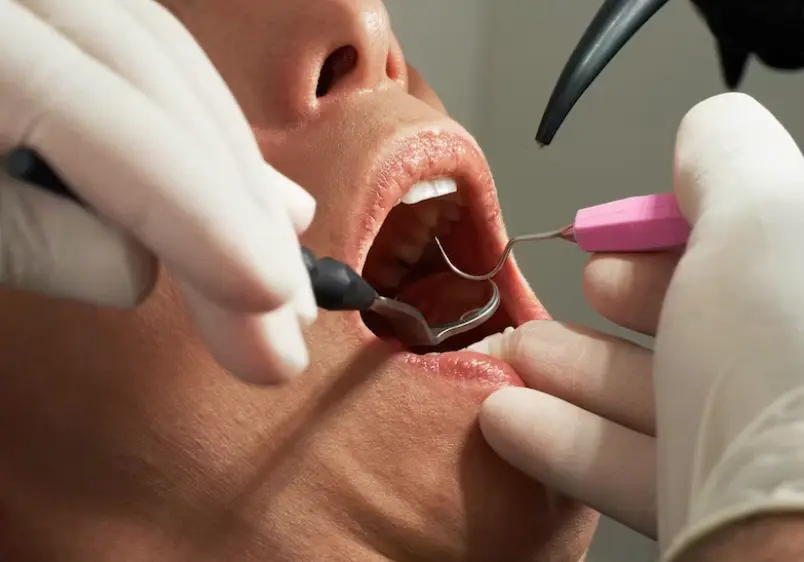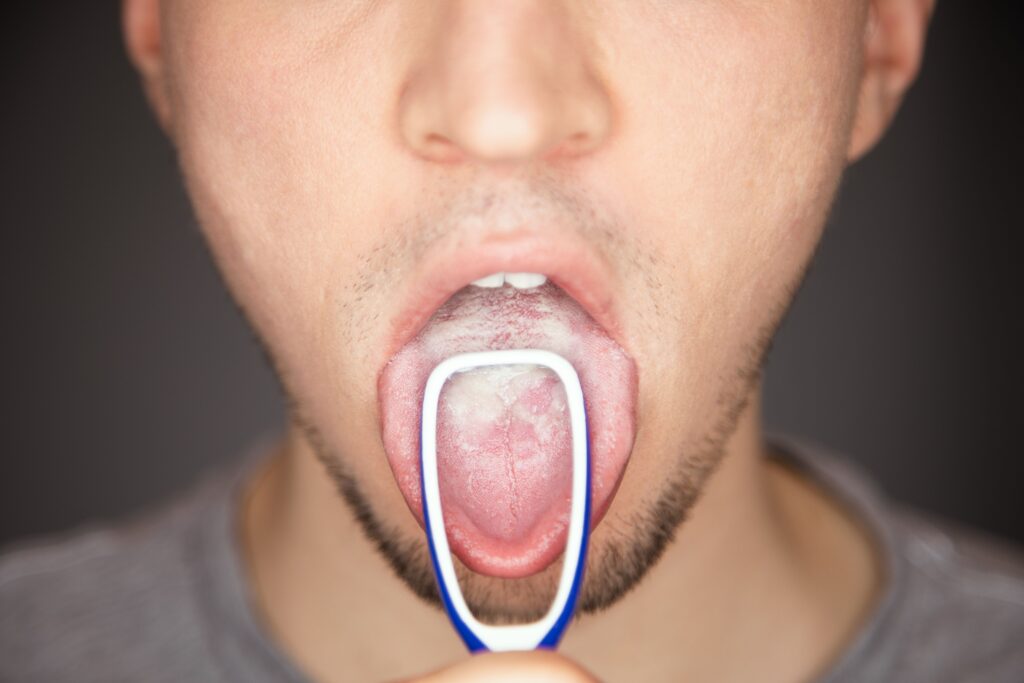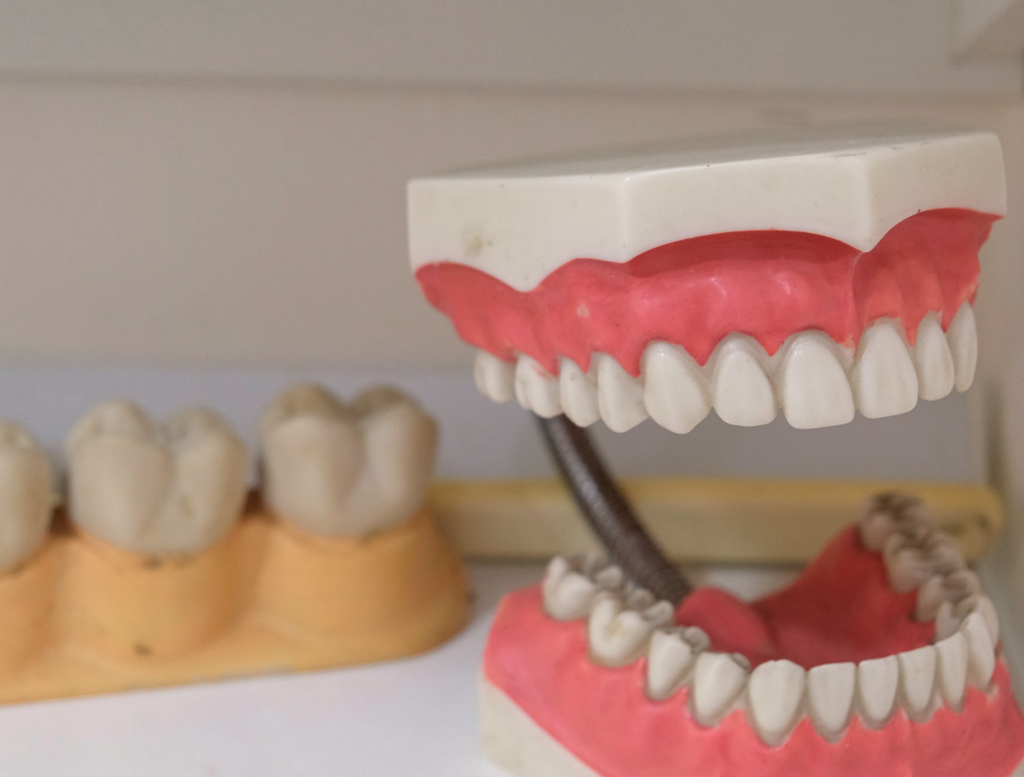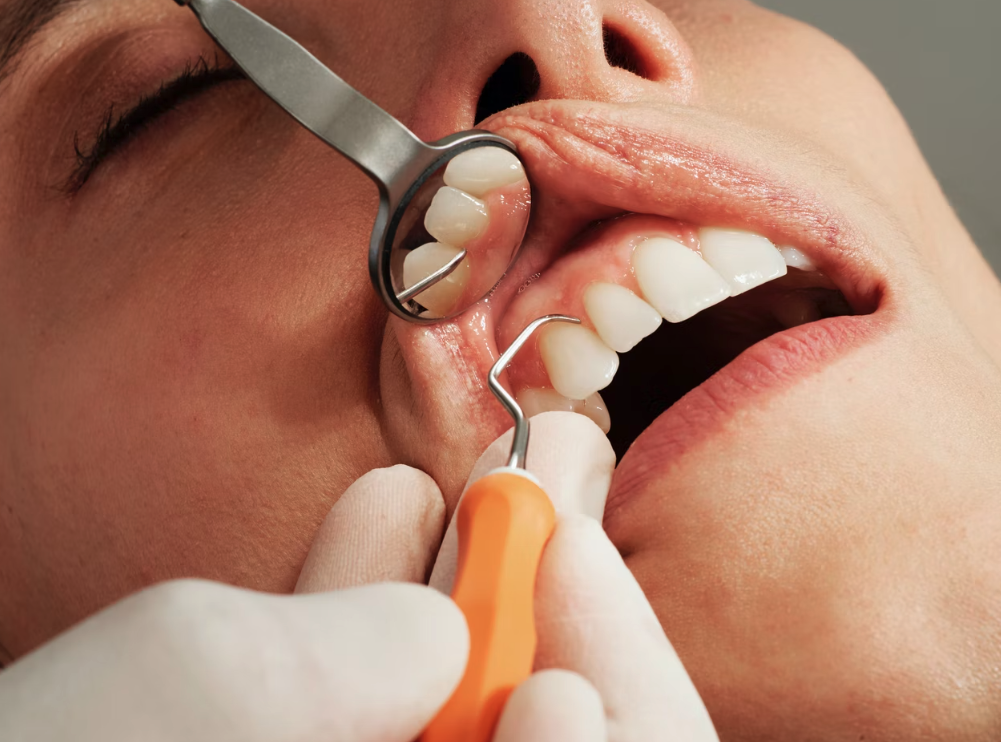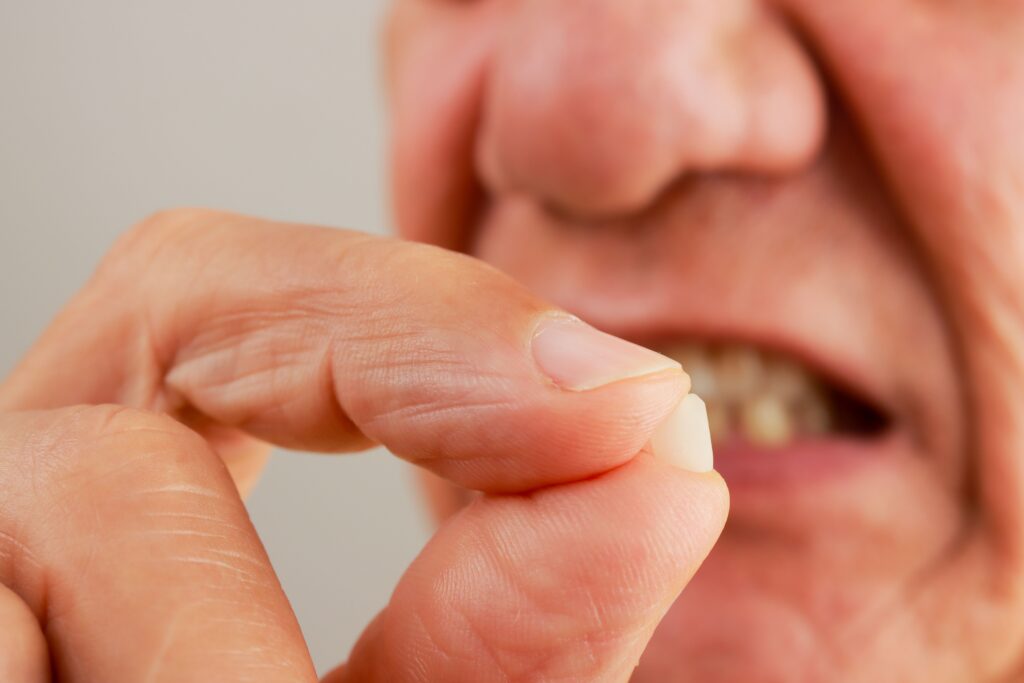Bad breath, also known as halitosis, can be embarrassing and frustrating. Many things can cause bad breath, including cavities. Cavities are caused by tooth decay, which can create an unpleasant smell in your mouth. In this article, we’ll explore how cavities can cause bad breath and what you can do about it.
What Does Cavity Breath Smell Like?
When a cavity forms, bacteria in your mouth produce acids that break down the tooth enamel. This process can create a bad smell. People often describe cavity breath as having a sour or rotten odor. This smell is caused by the bacteria and the decaying food particles trapped in the cavity. If you notice a persistent bad smell coming from your mouth, it might be a sign that you have a cavity.
Does Fixing Cavities Help Bad Breath?

Yes, fixing cavities can help improve bad breath. When a dentist treats a cavity, they remove the decayed part of the tooth and fill it with a material to prevent further decay. By getting rid of the decayed area, the source of the bad smell is removed, which can help freshen your breath. It’s important to visit your dentist regularly to catch and treat cavities early, before they cause significant problems.
How to Stop Bad Breath from a Decayed Tooth?
If you have bad breath from a decayed tooth, there are several steps you can take to improve your breath:
- Visit the Dentist: The first step is to see your dentist. They can examine your teeth and determine if a cavity is causing your bad breath. If you have a cavity, the dentist will treat it to remove the decay.
- Maintain Good Oral Hygiene: Brush your teeth at least twice a day with fluoride toothpaste and floss daily to remove food particles and plaque. This helps prevent cavities and keeps your breath fresh.
- Use Mouthwash: An antibacterial mouthwash can help kill bacteria that cause bad breath. Look for a mouthwash that fights cavities and freshens breath.
- Stay Hydrated: Drinking plenty of water helps wash away food particles and bacteria, keeping your mouth clean and your breath fresh.
- Avoid Sugary and Acidic Foods: These foods can contribute to tooth decay and bad breath. Try to eat a balanced diet with plenty of fruits and vegetables.
Do Untreated Cavities Cause Bad Breath?
Yes, untreated cavities can cause bad breath. When a cavity is left untreated, the decay can spread and worsen, creating a larger area for bacteria to thrive. This can lead to an even stronger bad smell in your mouth. Additionally, untreated cavities can lead to infections and abscesses, which can cause a very foul odor. It’s important to treat cavities promptly to avoid these complications.
Can You Smell a Cavity on Someone?
In some cases, you might be able to smell a cavity on someone if the decay is severe enough. The bacteria and decaying food particles in a cavity can produce a noticeable odor. If someone has bad breath that doesn’t go away with regular brushing and flossing, it could be a sign that they have a cavity or another dental issue that needs attention.
Can a Dentist Cure Bad Breath Permanently?
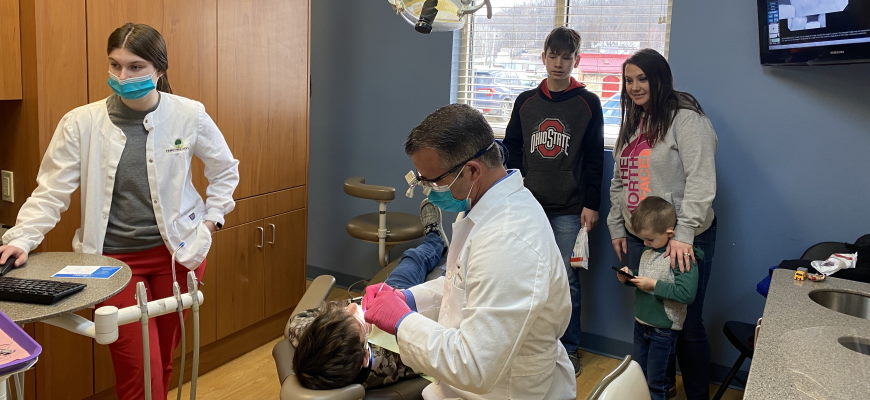
A dentist can help treat the underlying causes of bad breath, but maintaining fresh breath is an ongoing process. Here are some ways a dentist can help:
- Treat Cavities and Infections: By treating cavities, gum disease, and infections, a dentist can remove the sources of bad breath.
- Professional Cleanings: Regular dental cleanings remove plaque and tartar buildup that can contribute to bad breath.
- Advice on Oral Hygiene: Your dentist can give you tips on how to maintain good oral hygiene at home to keep your breath fresh.
While a dentist can significantly improve your breath, maintaining good oral hygiene and visiting the dentist regularly are key to keeping bad breath away for good.
Will Bad Breath Go Away After a Root Canal?
A root canal is a procedure used to treat a tooth that has a severe infection or decay. During the procedure, the dentist removes the infected tissue inside the tooth, cleans the area, and seals it to prevent further infection. If the bad breath was caused by an infection or decay in the tooth, it should improve after a root canal. However, it’s important to continue practicing good oral hygiene to prevent future problems and keep your breath fresh.
Conclusion
Cavities can cause bad breath by creating an environment where bacteria thrive and produce foul-smelling odors. Treating cavities and maintaining good oral hygiene are essential steps in improving bad breath. Regular dental visits can help catch and treat cavities early, preventing them from causing significant problems. If you notice persistent bad breath, it’s important to see your dentist to determine the cause and get the appropriate treatment. By taking care of your teeth and gums, you can enjoy fresh breath and a healthy smile.


